What is the best way to learn cloud computing?
Cloud computing has transformed the IT landscape, moving computing power, storage, and applications from on-premises data centers to the internet. This shift has made "cloud" one of the most in-demand technical skills in the modern digital economy.
For professionals, mastering cloud computing is the fast track to highly rewarding and future-proof careers as a Cloud Architect, DevOps Engineer, or Cloud Security Specialist. However, the sheer volume of information and services across the "Big Three" providers—who collectively command over 60% of the market—can be overwhelming.
1. Best Ways to Learn Cloud Computing
The path you choose to learn the cloud should align with your existing experience and learning style. A successful strategy often involves combining multiple methods to balance foundational knowledge with practical application.
Structured vs. Unstructured Learning
| Feature | Structured Learning | Unstructured Learning |
| Methods | Official Cloud Provider Courses, Online Bootcamps, University Programs, Certification Paths | Official Documentation, Blogs, YouTube Tutorials, GitHub Projects, Free-Tier Exploration |
| Pros | Provides a clear roadmap, ensures all core concepts are covered, leads to professional credentials (certifications). | Highly flexible, allows deep dives into niche topics, often free or low-cost, fosters self-reliance. |
| Cons | Can be costly (courses/exams), may move too slowly through already-known topics, less immediate career applicability without hands-on work. | Can lead to knowledge gaps, lacks a clear progression, may be overwhelming for beginners with no clear starting point. |
| Recommendation | Beginners and career-changers should favor a structured path to build a solid foundation. | Experienced IT professionals can use unstructured methods to specialize or master new services quickly. |
Suggested Learning Paths
For Beginners & Career-Changers: Start with vendor-neutral fundamentals (like IaaS, PaaS, SaaS, virtualization, and networking basics).
Then, pick a single provider's foundational certification path (e.g., AWS Certified Cloud Practitioner, Azure Fundamentals, or Google Cloud Digital Leader) for a structured introduction to services. For Experienced IT Professionals: Leverage existing skills (e.g., networking, Linux, development) and jump directly into Associate-level or role-based certifications for your chosen cloud provider (e.g., Solutions Architect, Network Engineer). Immediately pair study with advanced, real-world hands-on projects.
2. Recommended Online Courses and Tutorials
Online learning platforms offer the greatest flexibility and a vast range of content, from free introductions to comprehensive bootcamps.
| Platform Category | Provider Examples | Focus Areas | Cost |
| Official Training | AWS Training & Certification, Microsoft Learn, Google Cloud Training (Skills Boost) | Directly maps to official certifications, includes free documentation and labs, definitive source of truth. | Many free resources and documentation; paid official courses and exams. |
| Massive Open Online Courses (MOOCs) | Coursera, edX, Udemy, LinkedIn Learning | Structured learning paths, professional certificates from universities or major companies, good video content. | Free to audit; paid for graded assignments, certificates, or subscriptions. |
| Technical/Lab-Focused | A Cloud Guru, Pluralsight, KodeCloud | Hands-on labs, guided projects, practice exams, focuses on Cloud/DevOps tooling. | Subscription model. |
Pro Tip on Choosing: For the initial learning phase, start with the free tiers and documentation offered by AWS, Azure, and GCP.
3. Hands-On Practice and Labs
Theoretical knowledge from a course is only the starting point. Cloud skills are developed by doing.
Get a Free-Tier Account: All major providers offer a free tier (e.g., AWS Free Tier, Azure free account, Google Cloud free tier) that allows you to use a selection of core services for a year, or up to a certain limit, without charge.
Use this to: Deploy your first Virtual Machine (EC2, Azure VM, Compute Engine).
Host a simple static website (S3, Azure Blob Storage).
Set up a virtual network (VPC, VNet, VPC Network).
Experiment with serverless functions (Lambda, Azure Functions, Cloud Functions).
Guided Lab Platforms: Use guided environments that save you from setting up accounts and worrying about accidental billing.
Platforms like Google Cloud's Skills Boost (Qwiklabs) and A Cloud Guru offer sandbox environments and step-by-step labs for practical exercises. Build a Portfolio Project: Progress from simple tutorials to a full-stack project.
For example, build a three-tier web application (Web Server, Application Server, Database) and deploy it on your chosen cloud platform. Document the entire process and share the code on GitHub.
4. Certifications to Boost Career Opportunities
Certifications are key for validating your skills to employers.
| Certification Level | AWS | Microsoft Azure | Google Cloud (GCP) |
| Foundational | Certified Cloud Practitioner (CCP) | Azure Fundamentals (AZ-900) | Cloud Digital Leader |
| Associate/Core | Certified Solutions Architect - Associate (SAA-C03) - Most In-Demand | Azure Administrator Associate (AZ-104) | Associate Cloud Engineer (ACE) |
| Professional/Expert | Certified Solutions Architect - Professional | Azure Solutions Architect Expert (AZ-305) | Professional Cloud Architect - Highest Paying |
Beginner Track: Start with a Foundational certification (e.g., CCP or AZ-900) to understand the vendor's ecosystem and billing model.
Intermediate Track: Progress to an Associate-level certification. The AWS Solutions Architect - Associate is widely considered the top entry point due to AWS's market share lead (approx. 30-31%).
Advanced Track: Once you have a few years of experience, pursue a Professional or Expert certification to specialize in Architecture, Security, or DevOps.
5. Tips for Staying Updated in Cloud Technology
The cloud is constantly evolving, with providers releasing new services and updates daily. Continuous learning is non-negotiable for a successful cloud career.
Follow Official Channels: Subscribe to the official blogs, release notes, and YouTube channels of your chosen cloud providers (AWS, Azure, GCP).
Pay attention to announcements from major conferences (like AWS re:Invent). Join Online Communities: Engage with your peers. Reddit communities (like r/Cloud and r/AWSCertifications) and LinkedIn Groups are great for asking questions, sharing knowledge, and staying updated on real-world industry trends and challenges.
Explore DevOps Tools: Cloud services are often managed via code. Learning tools for automation like Terraform (Infrastructure as Code), Docker (Containerization), and Kubernetes (Container Orchestration) is essential to transition into a Cloud or DevOps Engineer role.
Practice on New Features: When a major new service is released, try to implement a basic project with it in your free-tier account. Breaking things and fixing them in a low-stakes environment is the fastest way to learn.
Conclusion
The best way to learn cloud computing is to follow a proven, multi-stage roadmap: start with fundamentals, enroll in a structured course to build a knowledge base, gain practical expertise by diligently practicing with free-tier accounts and labs, and finally, validate your skills by achieving a professional certification. By consistently dedicating time to study, practice, and keeping up with new technology releases, you will lay a strong foundation for a high-paying, future-proof career in the cloud. Begin your journey today, and turn the complexity of cloud computing into a powerful personal advantage.
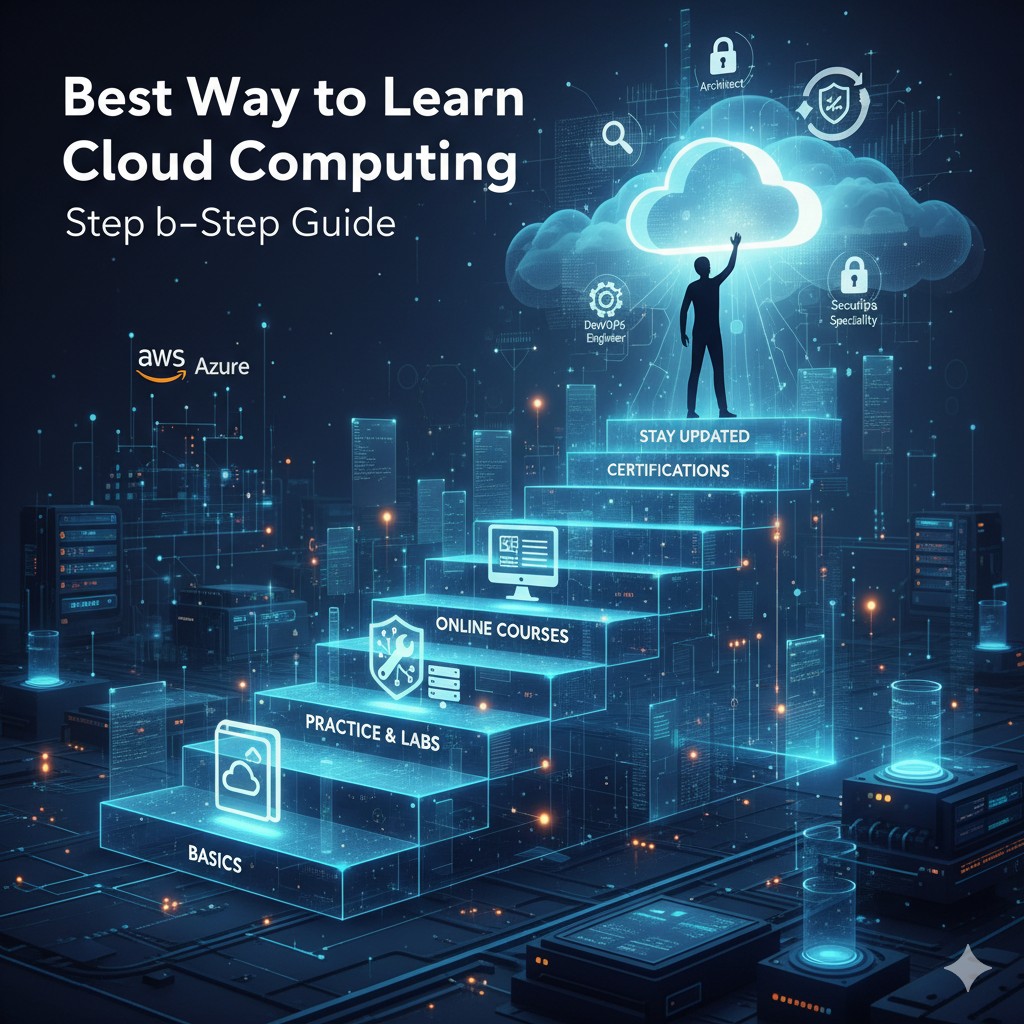

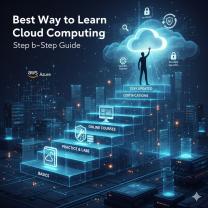




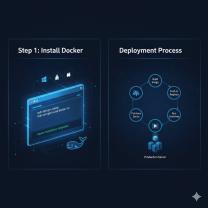




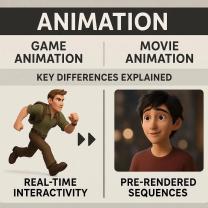
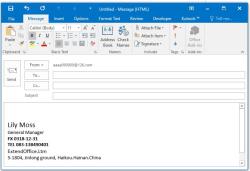
ITManager_P
on October 05, 2025I'll be sharing this guide with my junior team members. It clearly outlines why cloud skills are non-negotiable and provides a balanced view across the **Big Three (AWS, Azure, GCP)**. The breakdown of courses vs. bootcamps helps set realistic expectations for learning pace.
CertHunter_Dave
on October 05, 2025Excellent summary of the certification landscape. I agree that the **AWS Solutions Architect - Associate** remains the most valuable starting point. For those looking to specialize, the advice on **staying updated** via official blogs and Reddit communities is crucial to passing the professional-level exams.